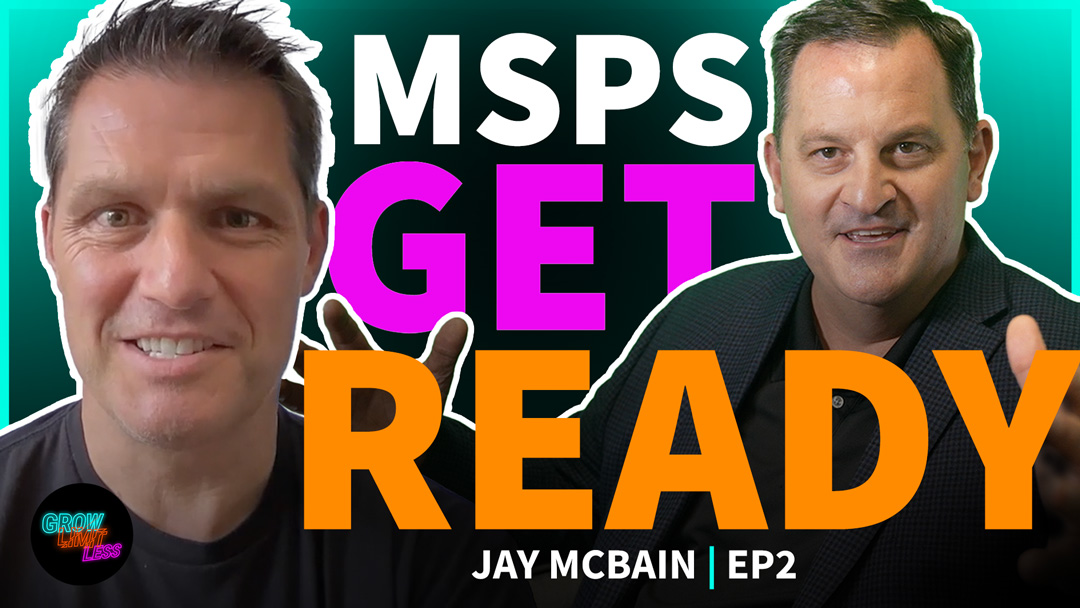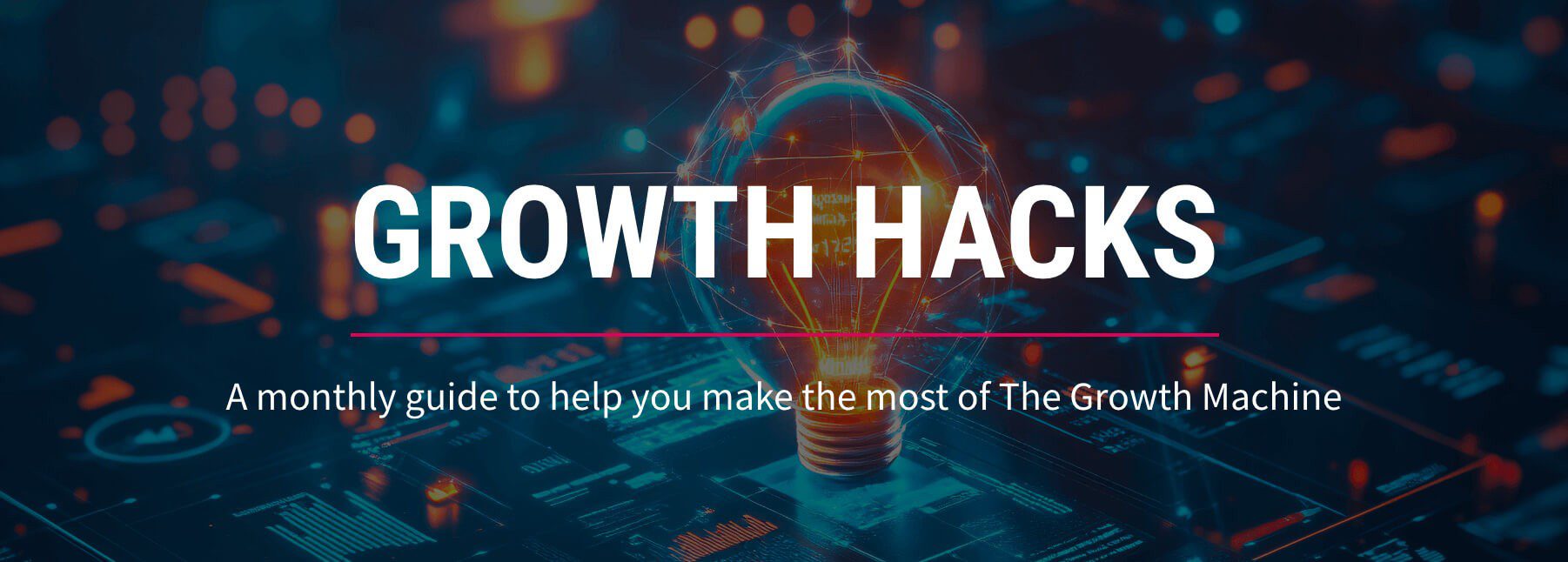The UK is home to the largest number of managed service providers (MSPs) in Europe, and the market continues to grow, with experts predicting the industry to increase its value by £108 billion in just eight years1. With such rapid growth comes increased competition and the greater the need for strategic marketing to differentiate your business in a saturated market.
Historically, MSP marketing has fallen on the backburner, with the focus being on providing excellent customer service. Whilst that’s still the backbone of MSP success, it’s no longer enough. If you want to continue to grow and thrive and cement your place as a leader in the industry, you need to create a robust MSP marketing plan.
If you need to create an MSP marketing strategy that increases your brand awareness, boosts your bottom line and sets you apart from the crowd, keep reading as we explain the fundamentals of marketing for MSP businesses.
What is MSP Marketing?
MSP marketing is marketing specifically for the MSP sector. Like marketing in other sectors, MSP marketing involves creating specialised campaigns that increase visibility and ultimately drive sales.
What Makes MSP Marketing Different?
MSP marketing campaigns are a little bit different compared to other types of marketing due to the nature of the industry. MSPs operate on a business to business (B2B) basis, meaning the usual frills and gimmicks that work for business to consumer (B2C) entities won’t necessarily work for you.
Businesses won’t buy IT support from an Instagram ad, nor will they be easily swayed by a single email that forces feelings of FOMO (fear of missing out). For business owners, signing on the dotted line for a service provider can take months, which means MSP marketing solutions need to be longstanding, strategic, and well thought out. It’s a long game, with every aspect acting like a cog in a wheel — small but mighty.
Every blog, every social media post, every email needs to work in tandem with each other for a sustained effort that slowly sways your audience to do what you want them to do. A 10% flash sale here and a positive social media review there won’t be enough; you need to make yourself visible to your audience, establish yourself as an authority figure, and build trust over a period of time.
This needs to be done alongside industry best practices (which constantly change), and that’s why enlisting an MSP marketing agency like Marketopia to spearhead your campaigns can be beneficial.
Understanding the MSP Digital Landscape
First and foremost, it’s vital to understand the overall MSP digital landscape as it stands, as this will dictate the types of marketing strategies you employ. As mentioned earlier, MSPs haven’t had to think too much about marketing thus far due to word-of-mouth and outstanding service being enough to win a steady stream of new clients.
With the MSP market growing and the internet acting as a limitless business directory, it takes just seconds for a business owner to identify 20+ MSPs in their area. In fact, 90% of B2B buyers use the internet as their primary method for finding new suppliers2.
Furthermore, they engage with an average of 3-7 pieces of content before they even think about making a sales enquiry. If your website and digital platforms are lacking in content and abundance, your reputation and sales will take a hit. Your audience is online and actively looking for content for the first time, so you need to be, too.
5 Steps to Creating a Killer MSP Marketing Plan
Now you know what MSP marketing is and why it’s important to take it seriously, what actually goes into creating successful MSP marketing strategies that work?
1. Define Your Audience
Without knowing your audience, any and all of your marketing efforts will fail. As an MSP, you need to become intimately aware of your target audience’s buying habits. What sort of content will engage them the most? What online platforms do they turn to regularly? How many gatekeepers do you need to get past to make it to the decision makers, and is your marketing collateral able to resonate with every person every step of the way, or do you need different content for different audiences?
Think about whether MSP digital marketing is enough or if it needs to be backed up with traditional marketing, such as attending industry events. If you’re an MSP that has an industry niche, such as healthcare, the buying habits and sales funnels that relate to this audience will be different to an MSP with a construction clientele niche.
Location also plays a role. Are you looking to boost visibility and raise your profile on a local level, or are you aiming for national success? Perhaps you’ve set your sights on global prominence. If so, Marketopia is one of the only MSP marketing companies that works across continents, with our team working across the US and EMEA to support MSPs with attaining global marketing reach.
2. Choose Your Marketing Platforms
When your audience is defined, it will be easier to pick which marketing platforms you want to focus your efforts on. They might use LinkedIn for professional networking, Twitter for industry updates, or even niche forums. Wherever they are, you need to be, including trade press and industry-specific events and exhibitions.
Whatever platforms you choose, you need to make sure you’re making specific content for each. Tailoring your content to suit each platform ensures your message resonates effectively.
For quick wins and amplified brand awareness online, you could consider leveraging paid advertising strategically to enhance visibility. You can do this across a range of platforms, including digitally and offline, on social media and on search engines through pay-per-click (PPC) ads. Paid advertising can be a great way to bolster your organic marketing efforts, so it’s worth thinking about when developing your strategy.
3. Set Clear Goals
Establishing precise objectives is crucial. Define what success looks like for your marketing efforts. Are you aiming to generate leads, increase brand awareness, or enhance client retention? Ensure your goals align with your overall business strategy. A transparent roadmap should guide your marketing initiatives, allowing you to measure performance and adjust strategies as needed.
Because marketing can be trial and error, it’s likely that not every single strategy you try will work, especially if this is the first time you’re really focusing on your marketing efforts. When this happens, don’t change your goals. Sometimes, it can take a while for your campaigns to bear fruit, and whilst there might be pressure on you to deliver results for stakeholders and investors, it’s important to stick to your original goals. This is why developing an annual marketing plan is a good idea; it gives you time to work towards your objectives and really see what works and what doesn’t across seasons.
4. Develop an SEO Strategy
An effective search engine optimisation (SEO) strategy is indispensable as, when done correctly, it allows you to enhance your online visibility by optimising your website and content for relevant keywords. You can cater to different audiences and markets with region-specific keywords and geo-targeted content, so whether you’re on a local drive or looking to ramp up globally, SEO is the way to do it.
SEO can be tricky because search engines update their algorithms thousands of times a year. Most updates are minimal, but Google does annual core algorithm updates which tend to shake up ranking factors (things that influence whether you rank and if so, what position you’ll be in). Things like your industry knowledge, the quality of your content, the accuracy of your content, your website’s user interface and user experience, and reviews will all have an impact on your rankings — and the parameters around these factors frequently change.
When an algorithm update happens, there’s every possibility that your rankings could tank and you’ll lose visibility. This is where having an MSP digital marketing agency on hand is really beneficial. At Marketopia, we live and breathe SEO, allowing us to protect our clients from negative SEO updates and keep them at the top of Google.
5. Analyse and Optimise
Continuous improvement is the cornerstone of successful MSP marketing. Regularly analyse performance metrics across all channels, identify what works and what doesn’t, and change your approach as necessary.
You can leverage analytics tools to gain insights into audience engagement, conversion rates and website traffic, and use this data to optimise your strategies, refine content and adapt to evolving market trends. This is especially important where paid advertising is concerned, as without continuous monitoring and refinement, you run the risk of pumping money into a failed initiative.
You should set aside time every week at a minimum to run marketing reports across platforms and track performance, and then decide whether any tweaks need to be made.
Need Help with Your MSP Marketing?
We get it – marketing can be daunting, but it’s the backbone of sales and ultimately drives business growth, making it absolutely vital. If you don’t have an in-house marketing team, or if you’re looking for growth-minded success without the trial and error stage, speak to us.
At Marketopia, we are a global powerhouse for MSP marketing services. Put simply, we know what works and how to drive tangible, real success for managed service providers. We’ve been creating bespoke MSP marketing plans for years – creating killer marketing strategies is in our DNA – and we’re more than happy to share our knowledge.
As an internationally-leading MSP marketing agency, we’re best placed to help you achieve your goals on time and on budget. Book a free, no-obligation consultation with our team today to find out more about our MSP marketing plans.
Alternatively, read more of our expert insights here, or explore our full range of marketing campaigns for MSPs and IT marketing services.
References:
1 https://www.ir.com/blog/communications/the-growth-of-msps-in-europe-trends-and-challenges
2 https://kurve.co.uk/blog/b2b-marketing-statistics







